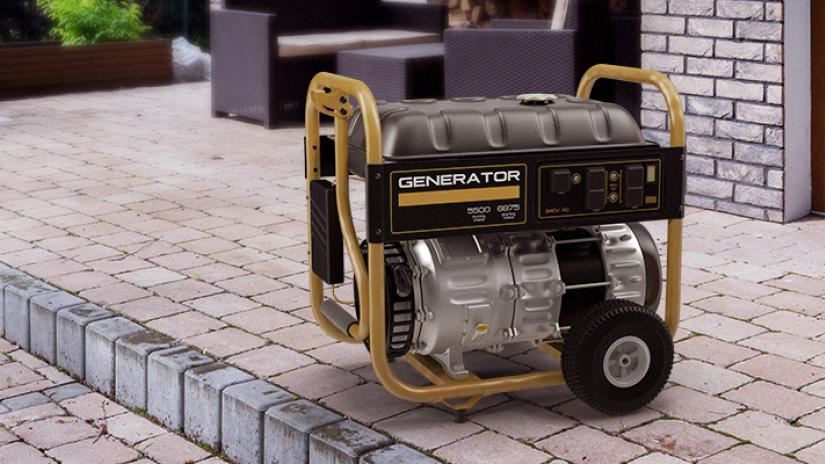24-Hour Emergency Electricians in Fort Worth, TX
Call this Monday to Get 10% OFF
Need an electrician?
Schedule NowRequest Electrical Service Now
817-585-299324-Hour Emergency Electricians in Fort Worth, TX
Call this Monday to Get 10% OFF
Need an electrician?
Schedule NowRequest Electrical Service Now
817-585-2993
A generator is a great way to stay safe during a power outage. However, most people don't realize that there are things you should not do with your generator, especially when you are using it for the first time. One false move can be fatal even if you're an expert at using a generator. To begin with, you should consult with Mr. Electric before purchasing, installing, or using a generator. There are many considerations that an electrician is aware of, and you may not be. Are you ready to use your new generator? Are you prepared for any dangers that may lie ahead of using your new generator? We've put together this guide to help prepare you for using a generator for safety before, during, and after a power outage.
Make sure you have enough fuel for your generator. You should always keep ample fuel on hand for emergencies like these. If you don't have any extra fuel, fill up at the nearest gas station or auto shop before heading home with your generator, so you don't find yourself stranded in the middle of nowhere without any fuel for your generator.
Make sure you know how long it will take your generator to run out of fuel before refilling again. Most generators run on gas or propane, and both types can run out fast if they're not adequately monitored and cared for properly. Check your tank levels regularly to know when it's time to refill them so your generator keeps running smoothly during an outage!
Make sure it's properly grounded. This is important because it will prevent shock and electrocution. You'll be able to tell if a generator is properly grounded by looking at the plug and receptacle. If they have three prongs (two flat prongs on top and one round prong in the middle), then the ground wire is present and grounded correctly. If only two prongs are present, then an adapter will need to be used so that all three wires are correctly connected.
Know what fuel your generator uses before using it for power generation purposes. Most generators run on gasoline or diesel fuel; however, some run on propane gas. Make sure you know what fuel your generator uses before purchasing one or filling up with fuel and where you can purchase extra fuel if needed during an emergency.
Never indoors. Generators produce carbon monoxide (CO), which can be deadly if inhaled in large amounts. Carbon monoxide is also invisible and odorless, so you cannot see or smell it when it is present. You should never use a generator indoors or in an enclosed area with poor ventilation because there will not be enough fresh air to disperse the CO produced by the exhaust fumes.
DO NOT overfill the fuel tank on your generator! An overfilled tank can cause leaks and spillage that could burn you or start a fire. Ensure that the fuel level is below the fill line inside your generator's tank at all times (and don't forget about the fuel stabilizer!).
Do not use it as a water heater. Generators can be used as a power source for furnaces, which is why many people use them in their homes during an outage. However, generators are not intended to be used as a water heaters. If you run an electric water heater off your generator, you risk overheating the unit, which can cause it to burst into flames or explode in your home. Additionally, if the water overheats, it could potentially cause damage to the walls of your home or even cause them to collapse around it.
Don't hook up your rigid ductwork to the generator. Hooking up rigid ductwork directly to a generator is dangerous because it puts excess strain on the unit and could cause it to malfunction. In addition, this may also cause carbon monoxide poisoning if there are leaks in the system and they release into the air where people breathe them.
The first step in picking the right generator is figuring out how much power you need. Two main factors determine how much electricity you'll need: the number of appliances you want to run and how long they'll run simultaneously. For example, if you have some lights and your refrigerator plugged into a smaller generator, it might run for just a few hours before refueling. On the other hand, if you're planning on running your refrigerator, freezer, heating system, and several lights all at once for an extended period (or indefinitely), then you'll probably want a more significant generator with more wattage than what's required by those specific appliances alone.
Mr. Electric can help you through the process of a generator installation. A generator is one thing you want to do correctly. Be sure you have all the information you need for the next power outage.